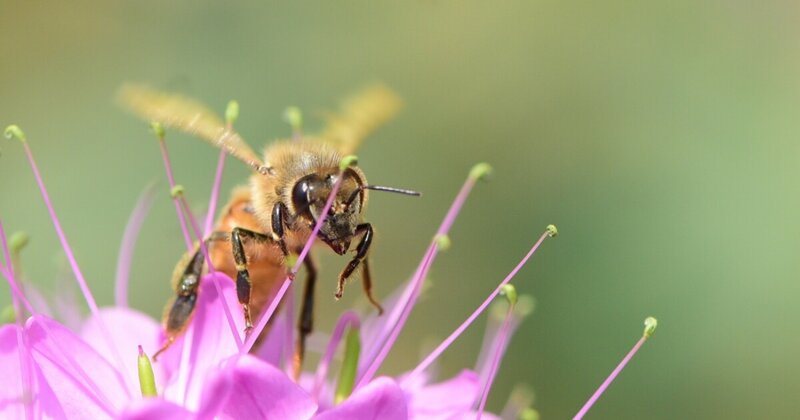Scientists researching bees have been sounding the alarm about how climate change is negatively affecting the pollinators that make our beloved honey products. A professor at Earlham College recently studied the effects of extreme heat and dryness on hundreds of other types of native bees.
Melanie Kazenel, Ph. D., visiting assistant professor of quantitative plant ecology, and a team studied bees at the Sevilleta National Wildlife Refuge in New Mexico. The refuge has been tracking bee populations there since 2002 and has thousands of data points on bee abundance.
"I was able to pair this long-term data with experimental measurements of the heat tolerances of bees and the desiccation tolerances, or dryness tolerances, of bees to see (if) tolerance of heat and drought from these experiments correlates or relates to how bees are doing in terms of long-term abundance trends in our records," Kazenel explains.



 Science
Science Climate Change
Climate Change Wildlife
Wildlife



